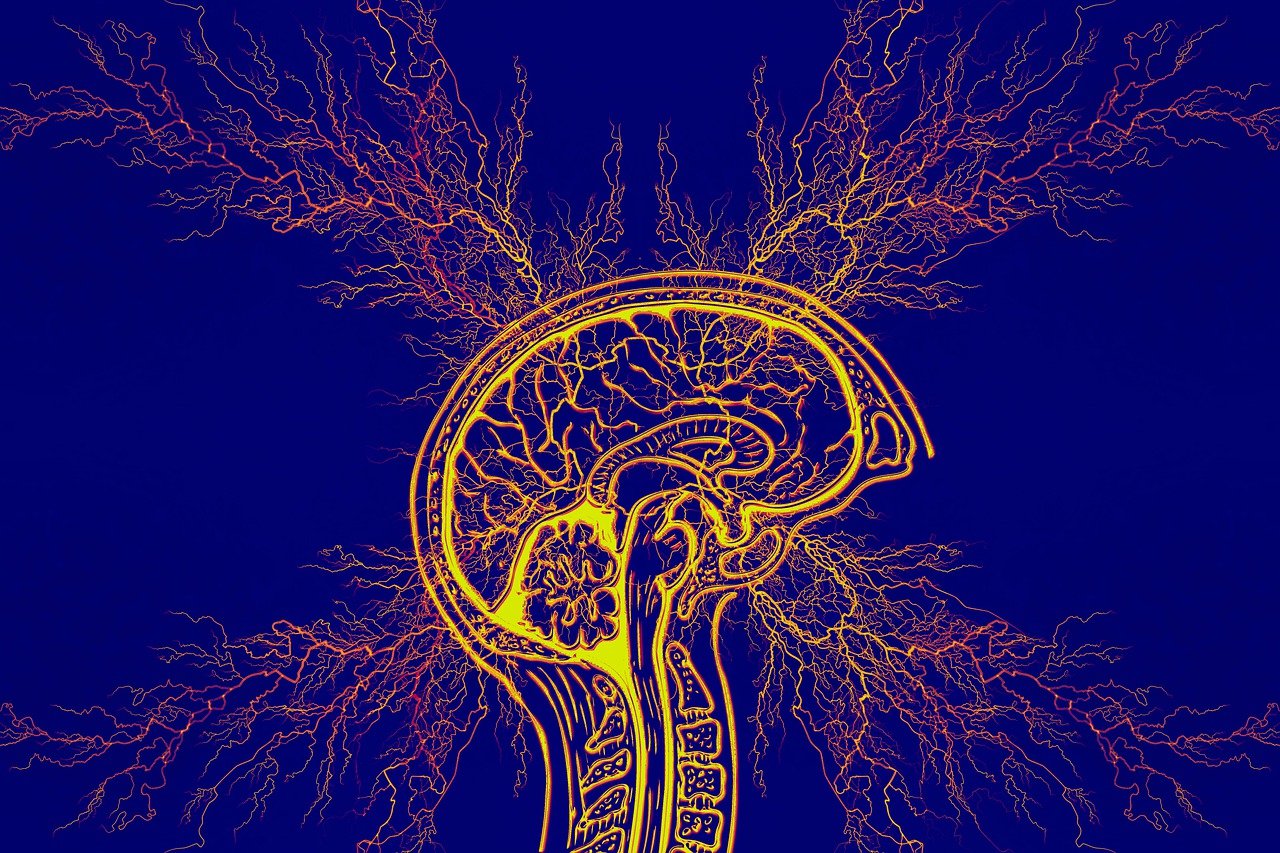Dialectical Behavior Therapy (DBT) is the gold standard treatment for borderline personality disorder (BPD) because of how it balances acceptance and change. DBT sees BPD as an emotion dysregulation disorder. BPD is not the only mental disorder that struggles with emotion dysregulation. Attention deficit hyperactivity disorder (ADHD) and autism spectrum disorder (ASD) also have large components of emotional dysregulation, which is why DBT is very effective in helping neurodivergent people find their life worth living. Neurodivergence is used to describe people whose brains process information differently than what is “normal”. ADHD and ASD are just 2 neurodivergent disorders. Since DBT wasn’t created for neurodivergent people in mind, it may seem like it won’t be a good fit for neurodivergent people. All of the skills in DBT are helpful for neurodivergent people, but here are some specific skills that I have found to be most effective for the neurodivergent soul.
Interpersonal Effectiveness
These skills help you build a script to have difficult conversations and get what you want without hurting yourself or others.
 GIVE
GIVE
(Be) Gentle: be nice and respectful. Don’t attack, don’t make any threats, no judging, and don’t cut them off and walk away.
(Act) Interested: listen and appear interested. Face them, make eye contact, and be patient.
Validate : show that you understand the other person’s thoughts and feelings. Try to see the other person’s point of view.
(Use an) Easy Manner: use a little humor when appropriate, smile, and leave your attitude at the door.
FAST
(Be) Fair: be fair to yourself and the other person. Remember to validate yourself and them.
(No) Apologies: don’t over-apologize. Don’t apologize for being alive or asking for something. Don’t look ashamed by having your shoulders slumped and eyes downcast.
Stick to your values: be clear on what you believe and “stick to your guns”. Don’t sell out your values or integrity for something or someone else.
(Be) Truthful: don’t lie and don’t make up excuses or exaggerate
Mindfulness
Mindfulness is helpful in becoming aware of your thoughts, feelings and behavior. Mindfulness is helping in reducing the intensity and frequency of impulsive behaviors. It helps you become more aware of the present moment, which can be difficult for people with ADHD and ASD.
Distress Tolerance
These skills help reduce emotional intensity and allow you to better tolerate distress.
Stop
Stop:stop whatever it is you’re doing. Don’t react, your emotions may try to make you act without thinking.
Take a break: take a step back from the situation. Take a breath and don’t let your feelings make you act impulsively.
Observe: notice your thoughts, feelings, and what is going on around you. What is the situation?
Proceed mindfully: act with awareness and think about your goals. Making a decision based on what you have just observed. Asking wise mind what will make the situation better or worse.
TIP

Tip the temperature: using cold water to rapidly change your body chemistry and reduce the intensity of your emotions.
Intense exercise: to help calm down your body when emotions have made it revved up. Even just a couple minutes of exercise will do the job as long as it gets your heart rate up; doing a couple of jumping jacks, walking up and down the stairs, lifting weights, or any other form of exercise.
Paced breathing – calm down your body by slowing down your breath. This could be in the form of a breathing exercise, like square breathing. As long as you’re breathing out a little bit more than you are breathing in.
Paired muscle relaxation – calming down the body by manually relaxing your body while breathing out at the same time.
*A word of warning with TIP, if you have any health conditions that impact your heart please consult your doctor before doing this skill.
Self-soothing using the 5 senses
Calming yourself down using your sight, touch, smell, hearing, and taste.
Emotion Regulation
Emotion regulation helps you decrease the frequency of unwanted emotions or change what you are feeling.
Opposite Action
Changing the emotion you’re feeling but doing the opposite of what it is urging you to do. If you are feeling sad and it is urging you to isolate yourself, opposite action would have you go and hang out with your friends and do something you enjoy.
About the Author
Robyn Williams (she/her), M.A., LPC is a Licensed Professional Counselor who specializes in dialectical behavior therapy. Robyn works with teens and adults in a compassionate judgment-free manner to meet clients where they are in life. Robyn helps her clients develop the tools they need in order to live their life worth living, and find what means most to them. Robyn believes that while therapy can be intimidating at times, it can be a conduit for personal growth. Click here to learn more about Robyn’s experience and therapeutic approach.

